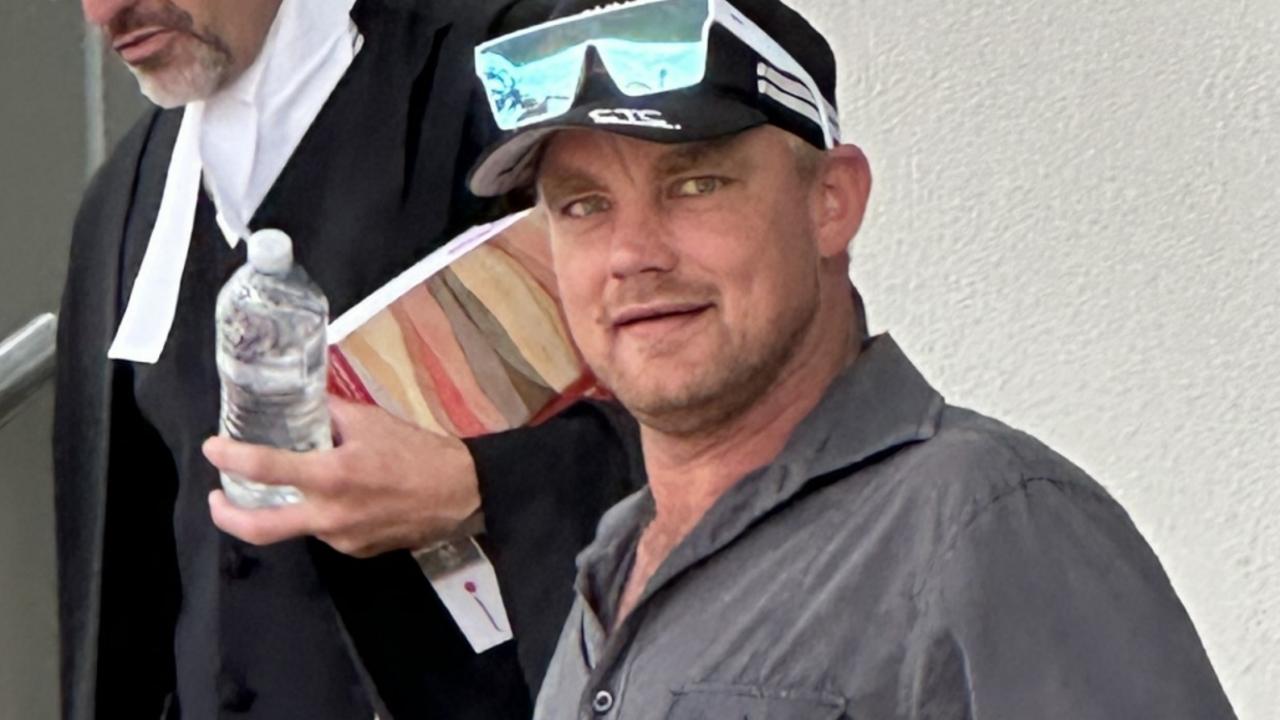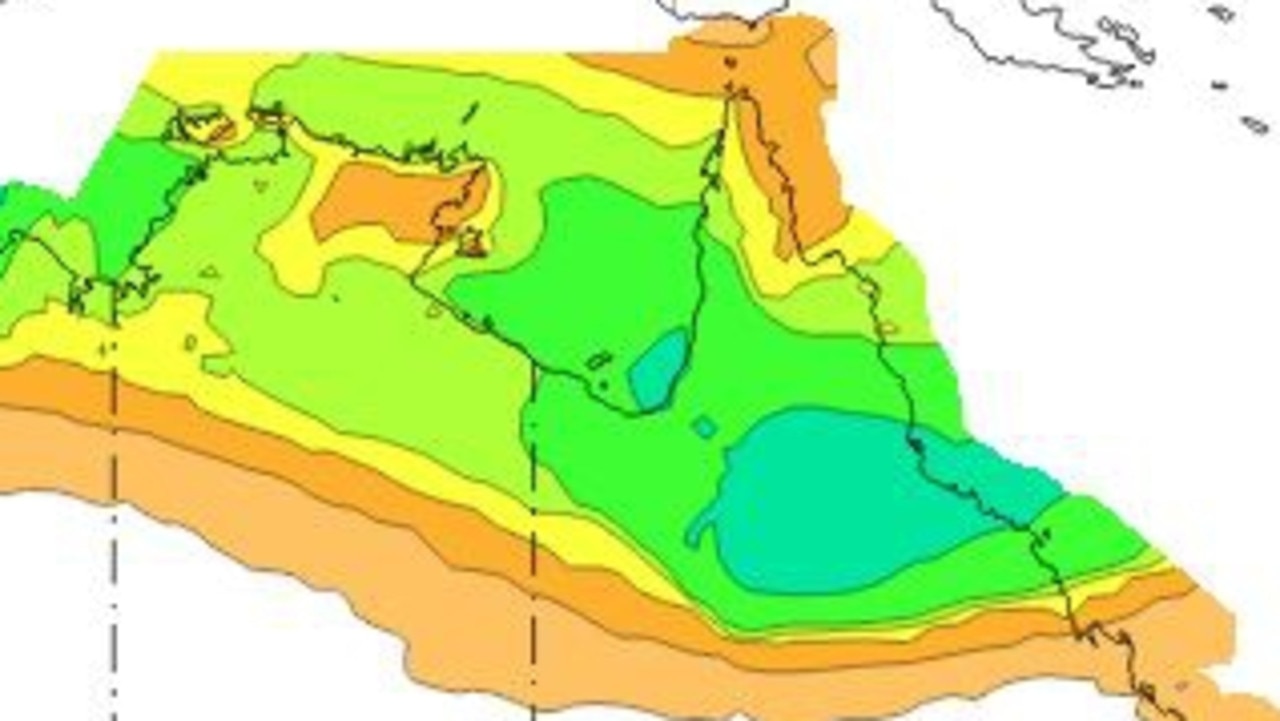Inadequate and inappropriate treatment contributed to deaths of Doomadgee women Betty, Kaya and Ms Sandy, inquest finds
Mangled communications, rivalry or tension between health services and not listening to a mother’s impassioned pleas to send her teenage daughter to Brisbane contributed to the deaths of three women in the remote north west community of Doomadgee.
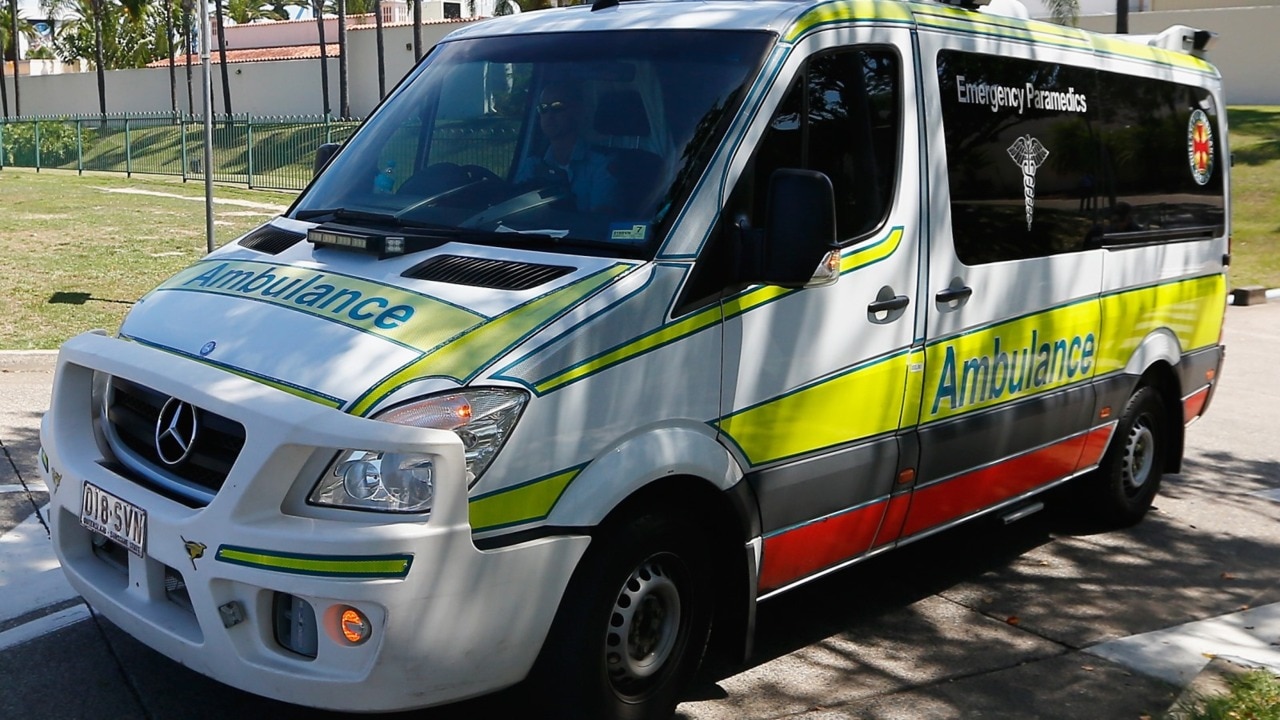
Cairns
Don't miss out on the headlines from Cairns. Followed categories will be added to My News.
Mangled communications, rivalry or tension between health services and not listening to a mother’s impassioned pleas to send her teenage daughter to Brisbane contributed to the deaths of three women in the remote north west community of Doomadgee, an inquest has found.
Northern Coroner Nerida Wilson made 19 recommendations as she handed down her findings into an inquest into the deaths Betty, 18, Ms Sandy, 37, and Kaya, 17, who all died as a consequence of rheumatic heart disease (RHD).
She said if it was culturally appropriate, ‘Ryan’s Rule’ – which allows patients, parents or caregivers to request an immediate clinical review if the patient’s health condition is getting worse or not improving as well as expected, should be implemented.
Ms Wilson’s criticism of Queensland’s Health’s North West Hospital and Health Service (NWHHS) comes at a time when Queensland Health director-general Shaun Drummond quit after his submission to penalise whistleblowers who sound the alarm over the way the health system was being run resulted in a flurry of protests.
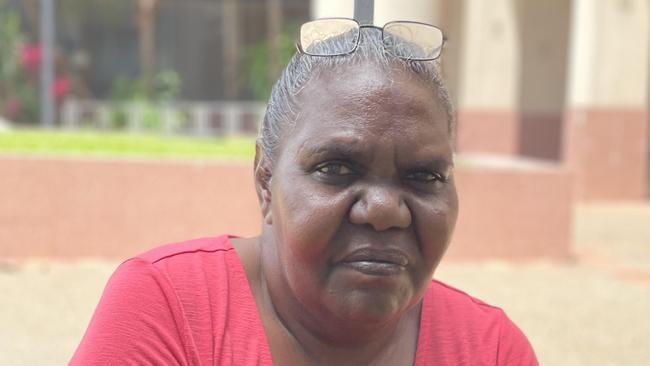
Cape York community leaders are also calling for an inquiry into what they say are failings of the Torres and Cape Hospital and Health Service (TCHHS) following the sudden death of a two-year-old girl at Bamaga.
TCHHS chief Beverley Hamerton resigned three days after Northern Peninsula Area Regional Council mayor Patricia Yusia said the child’s death was preventable and inexcusable.
Ms Wilson said interventions needed to started at a grassroots level and the starting point was repairing relationships at all levels.

She said Gidgee Healing, Doomadgee Community Health Centre and Doomadgee Hospital operated in “silos” with inadequate sharing of health information between them.
“RHD is 100 per cent preventable and almost exclusively a disease of poverty and social disadvantage … eradicated in White Australia many decades ago,” Ms Wilson said.
The lack of continuity of care and an unimpeded flow of information represented a serious systemic failure, Ms Wilson said.
“There were good intentions with a tripartite agreement but execution at the coalface was flawed … it remains to be seen if these relationships can be repaired.
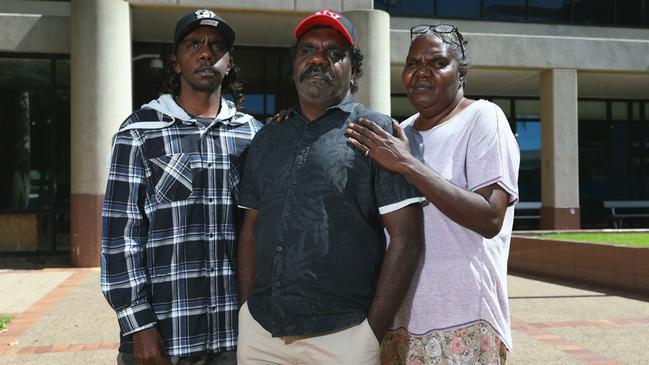
Betty, who died on September 23, 2018, should have undergone a cardiology review weeks earlier and would have been at less risk of developing a fatal heart arrhythmia, and Gidgee care was inadequate, Ms Wilson said.
The discharge from Mt Isa hospital of Ms Sandy was premature, her doctor’s care was inadequate, and there were significant issues with follow up by Doomadgee Hospital, she said.
Kaya’s mother Weenie George tried on five occasions to get her daughter sent to Queensland Children’s Hospital in Brisbane for surgery to replace a leaky heart valve before a clinician agreed, Ms Wilson said.
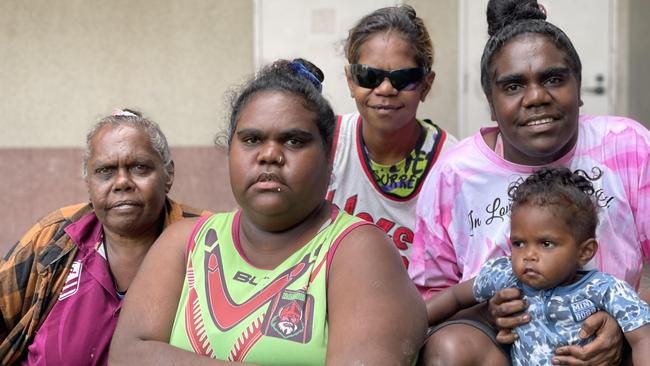
The clinician had no idea who Kay’s cardiologist was or where he was and there was no correspondence at Doomadgee on file.
Staff failed to act on Mrs George’s reasonable concerns for her daughter.
Ms Wilson recommended Queensland Health, NWHHS and Gidgee Healing consider adopting or adapting a risk matrix to identify, measure and monitor institutional racism within public hospitals.
“It is essential racism in all its forms, written, oral, be reported – language does matter and should be at the forefront of societal change,” she said.
More Coverage
Originally published as Inadequate and inappropriate treatment contributed to deaths of Doomadgee women Betty, Kaya and Ms Sandy, inquest finds



